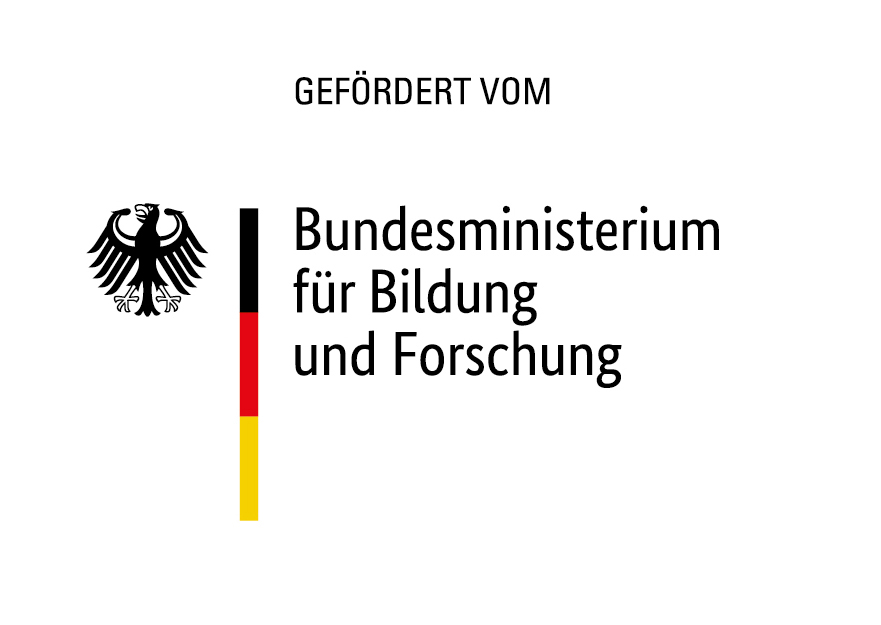
1st National Conference on Infectious Disease Modeling
March 15 – 17, 2023
Zuse Institute in Berlin
For the first time, more than 100 national and international scientists gathered in Germany to discuss the topic of modeling infectious diseases. The focus was on current research work, professional exchange on modeling topics and the promotion of young talent in order to sustainably strengthen modeling expertise in Germany.
For more than three years now, the COVID-19 pandemic has been keeping the world busy with drastic changes for every individual and unprecedented challenges for policymakers. Data-based modeling was an important basis for the epidemic impact assessment of various measures to contain the spread of infection and brought the importance of modeling the spread dynamics of serious infectious diseases into the focus of political, scientific and general public attention.
Infection epidemiology models are an elementary tool for a timely and targeted response in the fight against pathogens. They link existing knowledge, make it interpretable and enable predictions to be made about the dynamics of the spread of infectious diseases. This includes not only medical factors, but also social and psychological factors, such as contact behavior or containment measures that have been implemented. The more and the better the data included in a model, the better the correlations can be explained, possible effects can be estimated and possible trends can be predicted. In order to make statements that are as reliable and robust as possible, it is essential to involve experts from different scientific disciplines.
The “National Conference on Infectious Disease Modeling” is a platform newly established by MONID to create common structures for modeling expertise in Germany and to further network the various existing teams. The promotion of research into new and already endemic pathogens is an essential part of this in order to make the knowledge and resources generated during the pandemic permanently usable for the future. In this way, Germany should be better prepared for future pandemics and modeling should be strengthened as a central instrument of policy advice in the long term.
The conference will therefore take place annually in the future and facilitate permanent networking between experts researching in the field. The focus is on the promotion of scientific exchange between national and international players and, of course, the promotion of young talent. More than 100 participants were already expected in the first year.
The keynote speakers included renowned international scientists such as: Mark Jit from the London School of Hygiene and Tropical Medicine; Frank Sandmann from the European Center for Disease Prevention and Control; Nikolas Popper from the Vienna University of Technology and Gergely Röst from the University of Szeged. In addition, the participating networks of the BMBF-funded Modeling Network for Severe Infectious Diseases presented themselves and their research work.
The conference language was English and the conference took place as a face-to-face event.
- News

